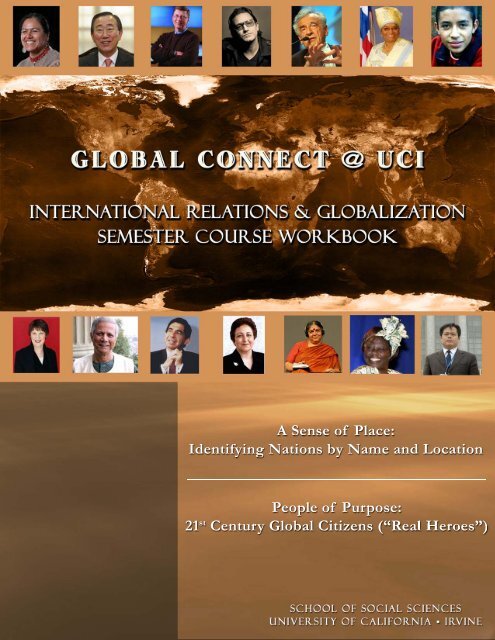

Please note: TBD, but this course is likely to be online and asynchronous. The third theme, “Whose Voice? Whose Vision?” will address the importance of community formation and cultural representation through focus on the building of Asian American spaces in the United States. The second theme, “Labor, Migration, and Place” will examine the importance of urban and rural sites for Asian Americans during this era.

With the first theme, “Empire and Nation,” we will investigate the relationship of the United States to the Pacific, particularly regarding colonialism, race, class, and the economy. In addition, this class also will enable students to explore how we produce historical knowledge through three major themes, with integrated discussions of different kinds of texts, images, and other sources.


This class will give students the tools to understand the major issues affecting Asian Americans up through the 1980s, particularly in regards to race, class, gender, ethnicity, community, and nation. The course will be focused on understanding the trauma and aftermath of genocide, and on preventing such crimes in the future. It will explore the notion of Crimes Against Humanity, and ask whether greater attention to these crimes could help to stop genocide before it begins. This course will investigate the major instances of genocide since 1945, and why the world failed to intervene. Yet the past shows us that ignoring these warnings can lead to catastrophe. Few solutions have been offered to prevent genocidal murders in Syria or North Africa, now carried out not only by governments, but by terrorist groups like ISIS. Should we intervene to prevent genocide? After the military interventions in Afghanistan, Iraq and Libya, the West has little appetite for invasions. Yet in the 50 years after 1945, the world stayed silent as millions were slaughtered in Cambodia, Bosnia and Rwanda. In 1948, faced with the horrors of mass killing in Europe, the whole world came together to sign a United Nations Convention against Genocide. The term “genocide” was coined in 1944 to describe “a crime without a name”: the destruction of a whole people by the Nazi regime.


 0 kommentar(er)
0 kommentar(er)
